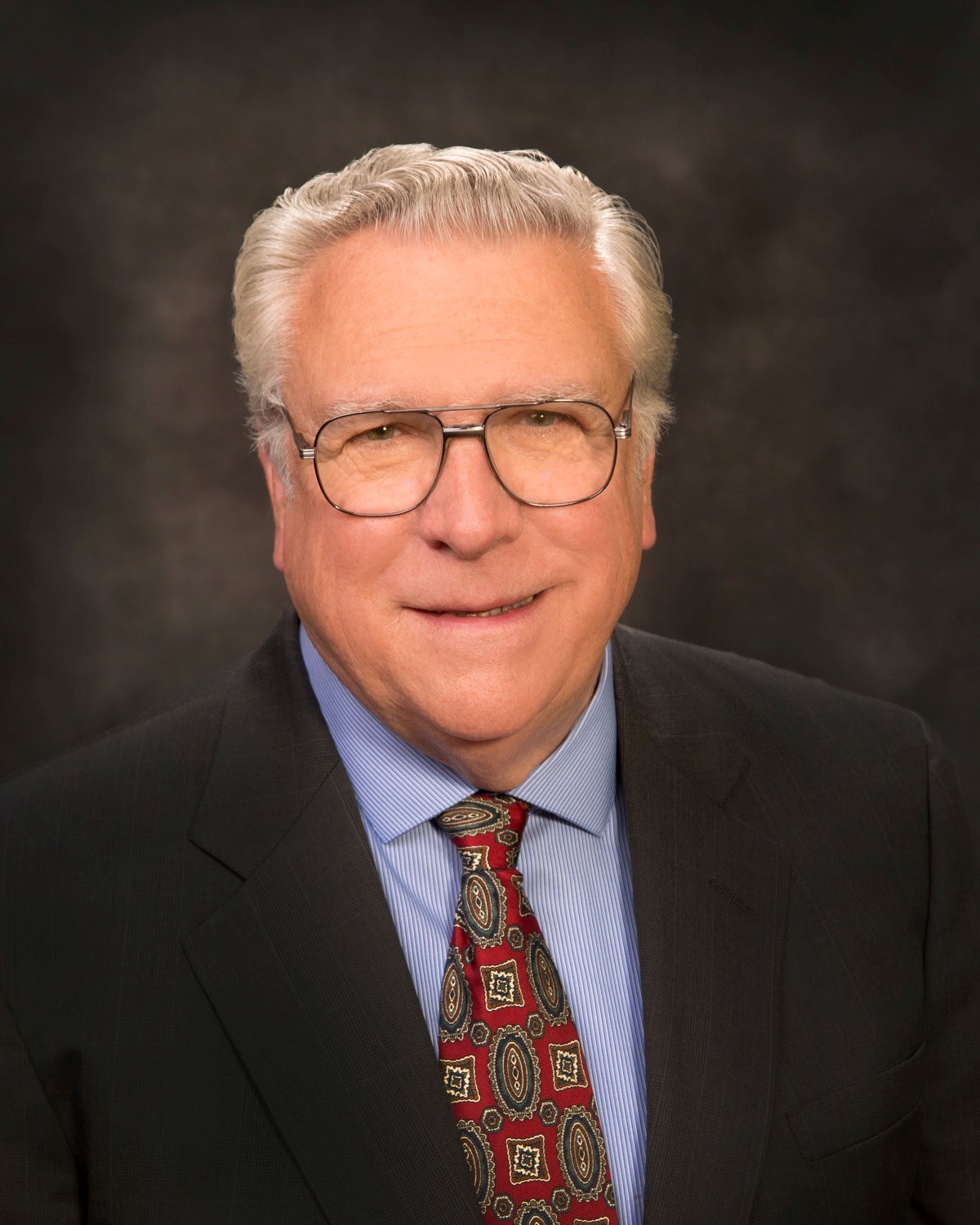Jerome John Blair

Joseph F. Keithley Award in Instrumentation and Measurement
[email protected]
I&M Application of the Kernel Theorem of Giuseppe Peano of Turin
Abstract
This talk will cover some little-known mathematics due to Giuseppe Peano of Turin and its application to instrumentation and measurement problems. Peano taught at the University of Turin from 1882 to 1932 and was best known for his contributions to the foundations of modern mathematics. Most engineers have never heard of him, but he is famous among mathematicians.
The work of interest here is “Resto nelle formule di quadratura expresso con un integrale”, Rend. Accad. Lincei 221 (5a) (1913), and the principle result goes by the name of the Peano Kernel Theorem (PKT). This theorem has been used to estimate approximation errors in numerical analysis. The problem to which it will be applied here is in estimating what I call the filtering error, the error introduced when noisy data is filtered in order to reduce the effects of the noise—the error introduced by the filter, not that due to the noise.
The PKT will be reformulated in electrical engineering terminology, and its remarkable properties and applications to filtering problems will be discussed. Finally, some of Peano’s contributions to mathematics will be touched upon.
Bio
Jerome J. Blair received a BS in Engineering Physics in 1966 and a Ph.D. in Applied Mathematics in 1970, both from the University of California, Berkeley.
From 1970 to 2008 he worked for contractors to the National Nuclear Security Administration in Las Vegas, Nevada designing, characterizing and evaluating complex measurement systems and their software, and is now a semi-retired consultant working for Keystone International Inc.
Since 1989, he has been an active member of the IEEE Instrumentation and Measurement Society’s TC-10, the Waveform Generation, Measurement and Analysis Committee. From 1998-2010 he was an Associate Editor for the IEEE Transactions on Instrumentation and Measurement. He made a Fellow of the IEEE in 2004 and winner of the IEEE Instrumentation and Measurements Society Career Excellence Award in 2015.


